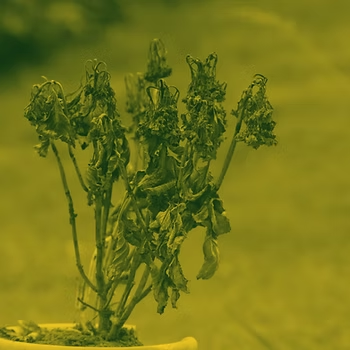"Captivity" by Shareen K. Murayama
- Jan 22, 2023
- 3 min read

My sister and I lost our allowance this morning betting against Sixth Grade Ciara. We were a thousand percent sure that Alaska was (Is too! Is not! Is too!!)—a fingernail’s length beneath California and to the right of that was us, Hawaii. We googled “maps of the 50 states” and showed Pa, but Pa cooed that we were just being girls when Ma snickered at us, when Ma ignored us but slapped plates on the table, barked LUNCH! more as a threat than a calling. We were so tired of living on the edge.
“Ciara’s stupid!” We could always count on Mynah-Mynah, our bird, to root for us from the corner of the living room. Mynahs mate for life, but if its mate dies, it will quickly find a new mate. But Pa said he loved Ma no matter what.
“Lunch was great!” We could always count on Mynah-Mynah’s reminder, but even if we said it (which we did), Ma would only acknowledge Pa, or snap at Pa, or nag at Pa until he melted out a sigh when she complained how we weren’t growing up proper—on the computer too much, our noses in too many books. If we grew up too smart, no one would like us. Mynahs prefer to build nests in shrouded holes and tree cavities. That’s probably why Mynah-Mynah waddled through our door one morning last year on our way to school. In captivity, just like in some families, animals are forced to live in groups made up of strangers.
Mostly my sister and I felt embarrassed for Pa and tried to be his best girls as much as we could stand to be. But we loved reading more than movies, phrases and words we’d written on a long list and rolled it up like toilet paper. We had accumulated two twelve-packs hidden in the closet beneath our dirty laundry. In captivity, most animals live shorter lives due to being stressed out all the time, never knowing when it’d be cleaning day and all our drawers were emptied, every bottle, pencil sharpener, reading light, books off the goddamn book shelves, were dumped in a pile in the middle of the room we shared. You’re their mother—were the last words Mynah-Mynah said under our roof.
Later that day, my sister and I sat on the stoop and watched two mynah birds continue their fight. Facing off, they’d lift up in the air, dive at the body, twist and evade then land, like a dinner plate, squawking and yelling back louder is Pa’s voice, “You’re really something else!” One bird gets kicked in the head, dodges more humiliation, and its body slides against the sidewalk. As if on cue, the two take to the air again, stretched legs rake at what it can. Another kick, and one bird is ready to clamp down, its toes spread wide enough to read the signs. In the end, we couldn’t tell if it was our Mynah-Mynah. We didn’t know how to feel about birds eating their own kind. Pink and red bits appeared where feathers once covered. It was missing a wing or a hat or heart. No, maybe it was folded under, like a napkin or a loyal husband. My sister and I start to feel queasy remembering most organs need covering up.




Comments